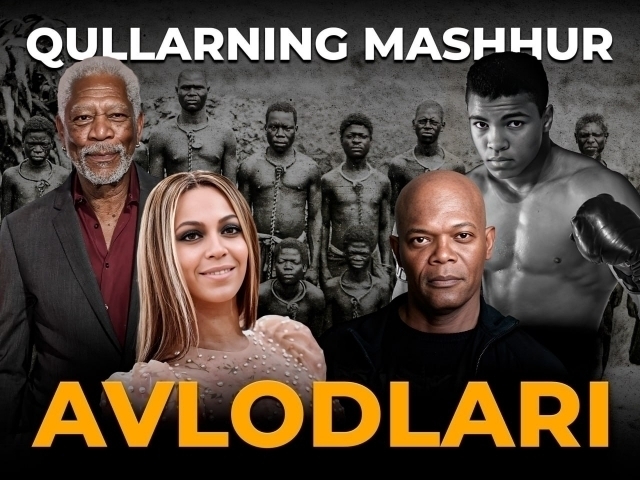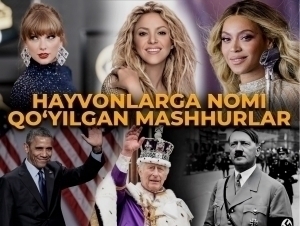From Muhammad Ali to Beyoncé: Famous descendants of enslaved Africans
Interesting
−
26 March 2025 12210 6 minutes
The transportation of 12 million Africans across the Atlantic Ocean to America from the 16th to the 19th centuries was the “transatlantic slave trade.” It was the second leg of the “triangular trade.” In the first leg, weapons, cloth, and wine were shipped from Europe to Africa; in the second, slaves were shipped from Africa to America; and in the third, sugar and coffee were shipped from America to Europe. Until the system of slavery was abolished, many inhumane acts were committed. Finally, at the end of the 19th century, slavery became history, and March 25 was designated as the “International Day for the Abolition of Slavery and the Transatlantic Slave Trade.” This article discusses the system of slavery, its prohibition, and famous people whose ancestors were slaves during that time.
Origins of the transatlantic slave trade
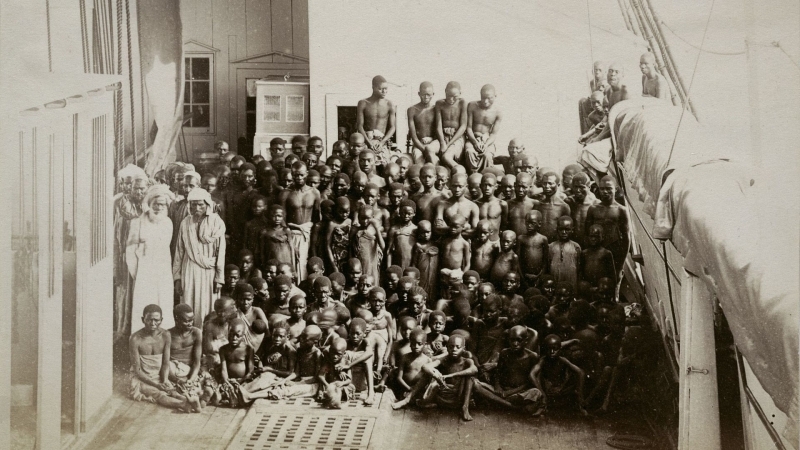
By the late 15th century, the Portuguese were already transporting people from Africa across the Atlantic to work as slaves on sugar plantations. The Spanish soon followed suit, but for the next 150 years, the Portuguese dominated the transatlantic slave trade. By the 1700s, the English and French owned about half of all African slaves. In the 18th century, the development of sugar and tobacco plantations led to a sharp increase in demand for slaves, and two-thirds of all slavery occurred during this period.
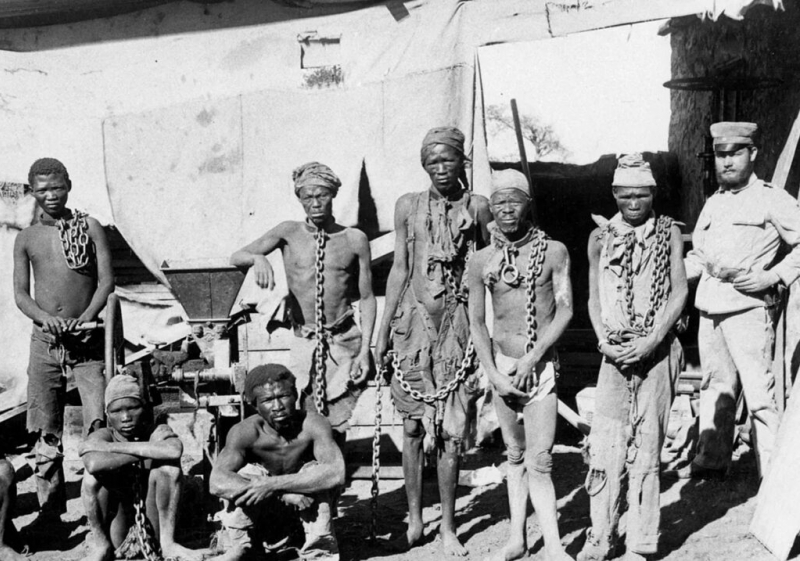
The harshness of the Atlantic crossing and the cruel and unsanitary conditions on ships worsened the situation, with 15-25% of slaves never reaching their destinations. They were forced to travel 8,000 km in cramped conditions on ships, taking weeks to months. The ship's captain, who was paid only for slaves brought alive, could not completely ignore their health. However, the slaves being transported were subjected to violence and sexual assault. Sometimes, unable to tolerate such treatment, the slaves revolted on the ship and even managed to seize it. One such incident occurred in 1839 on a Spanish ship. Slaves led by Joseph Cinque killed the captain and two crew members and took control of the ship. The US Supreme Court later ruled to repatriate them.
Prohibition of the slave trade
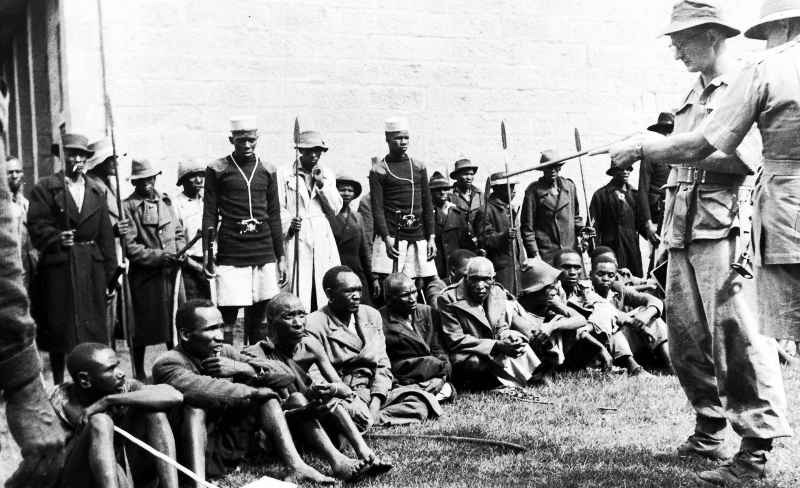
During the American Revolution, there was strong opposition in the northern states to the idea of a person being taken as property by another person and deprived of their rights. However, due to pressure from the southern states, Congress did not legislate against the purchase of slaves until 1808. However, the slave trade continued clandestinely through the Caribbean.
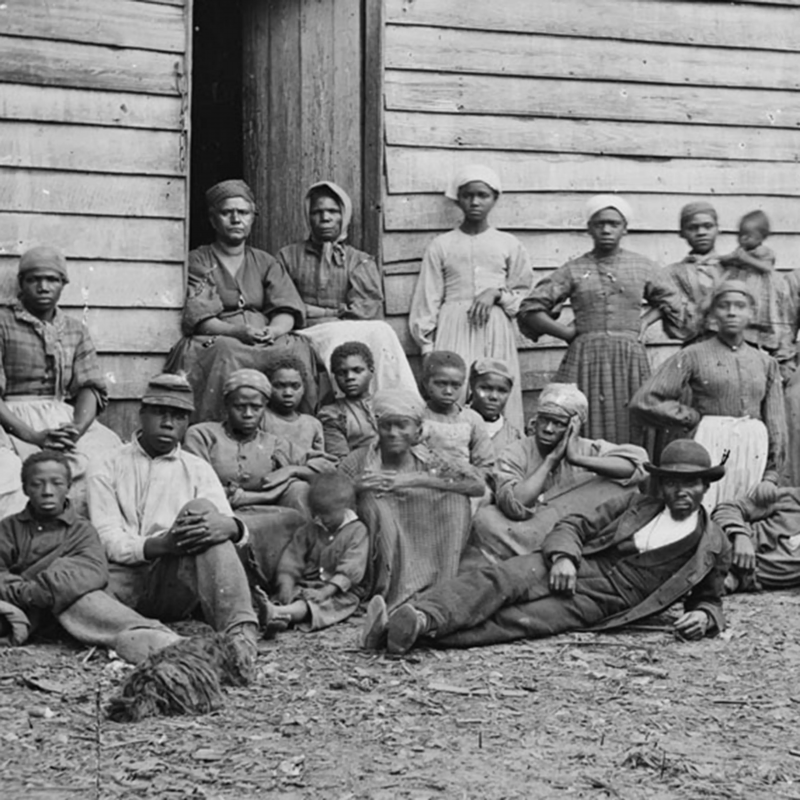
Great Britain abolished slavery throughout its empire in 1833, and the British Navy actively fought against the Atlantic slave trade. Although Brazil outlawed the slave trade in 1850, slave smuggling continued until the country abolished slavery completely in 1888. As a result, under international pressure, Cuba abolished slavery completely between 1880 and 1886, and Brazil between 1883 and 1888, bringing the transatlantic slave trade to an end.
In fact, the major countries did not voluntarily abandon the slave trade. Slaves, unwilling to tolerate injustices any longer, organized continuous rebellions. As a result of such uprisings, the first slave state to gain independence, the Republic of Haiti, was established in 1804.
Famous people descended from slaves
Not all of the millions of people who were taken as slaves from African countries returned home. Many of them died due to bad conditions. Most of those who survived adapted to the situation, got married, and had children. After slavery was abolished, several generations of Africans could not return to their homeland. As a result, they dispersed throughout America and other slave countries, and many “black” societies emerged. Although slavery was abolished, in practice, Africans were treated very badly and they never achieved anything easily—they always had to struggle to survive. However, such societies produced truly intelligent and strong famous people. Below, we will focus on several of them.
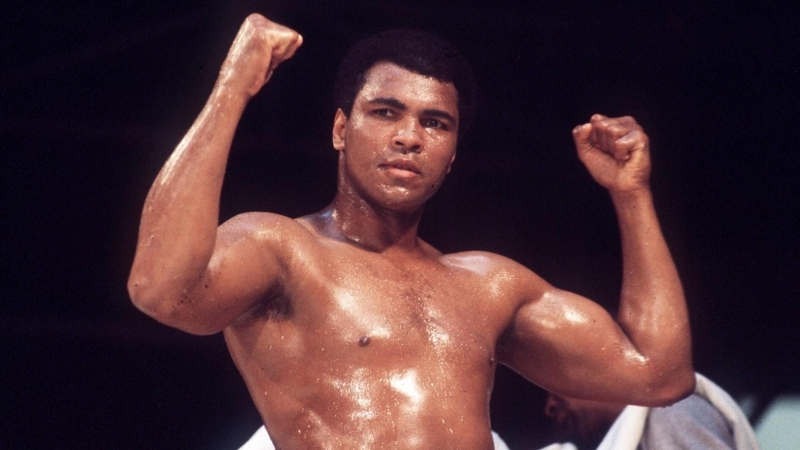
The legendary boxer Muhammad Ali fought against racism all his life and even changed his religion. He was very interested in his ancestors but could not find much information. Later, his distant relative Keith Winstead discovered unexpected and “expected” information: Muhammad Ali was the fifth-generation grandson of Archer Alexander, a hero who fought for freedom and black rights! Winstead, 67, an amateur genealogist, compiled a family tree and, according to him, did not know who Alexander was before. Unfortunately, Ali died two years before this news. According to his daughter Maryam, Ali would have been very proud to know that he was related to Alexander:
“He would have been happy to know that he was related to such a person,” she said.
In a 1980 interview with "The New York Times", Ali said:
“I know almost nothing about my ancestry, but I want my descendants to respect me after I die, just like I respected my ancestors.”
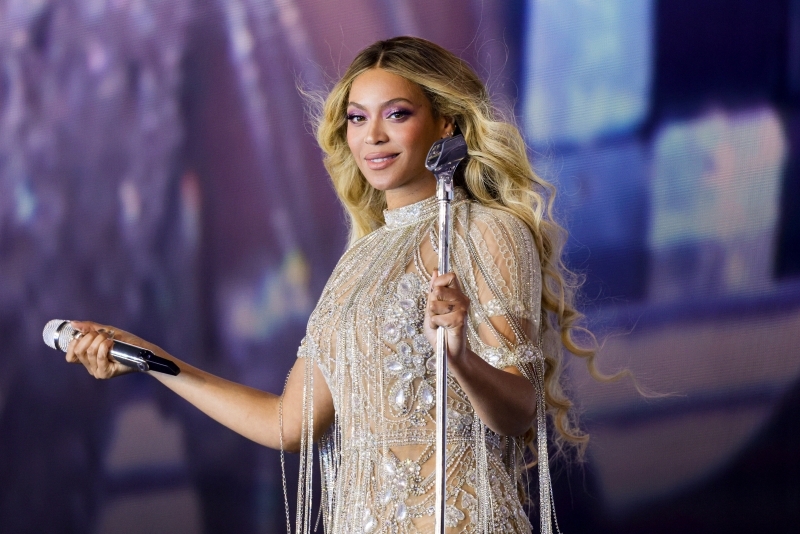
Another famous celebrity whose ancestors were victims of slavery is the singer Beyoncé. Her interview with *Vogue* magazine shocked her fans. In it, Beyoncé spoke about her mixed-race ancestry:
“I recently researched my ancestry and found out that one of my ancestors was a slave owner who fell in love with his slave and married her,” the singer said.
Based on her words, *The Mail* newspaper conducted a deeper investigation and found out that Beyoncé is actually a descendant of slaves.
“We traced Beyoncé’s ancestry back to 1800 and discovered that Rosalie Jean Louis, a black slave born in that year, was her third great-grandmother,” the publication says.
According to U.S. archives, Rosalie escaped the horrors of slavery and married Joseph Lacy, a wealthy white American merchant. However, historical documents do not confirm that Joseph Lacy was a slave owner. At the same time, given Joseph’s wealth, the “love between master and slave” that Beyoncé mentioned in an interview is not without possibility. Rosalie and Joseph had a daughter, Celestine, in 1830.
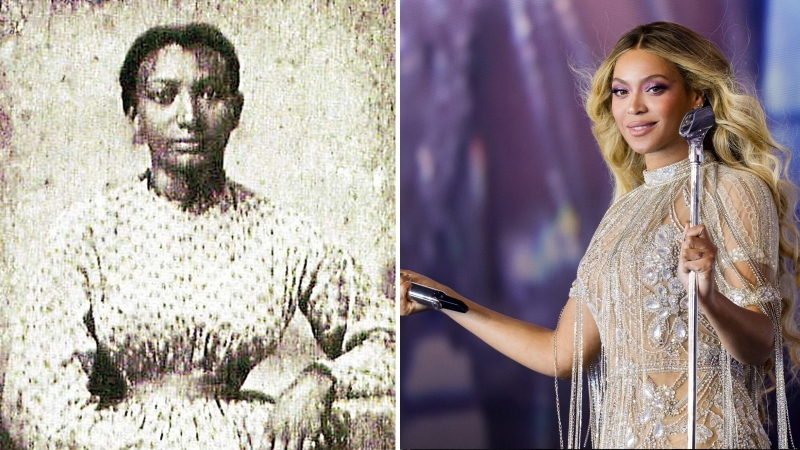
This mixed-race girl became the lover of a Frenchman named Eloy Rene Rosemond Broussard, a wealthy man who ran a sugar plantation in Louisiana. Already a father of two, Eloy hired Celestine as a housekeeper, and they fell in love and had 13 children. One of them, Odelia, was Beyoncé's great-grandmother. Although they were never legally married, Eloy officially recognized her children, registered them as his in birth and marriage records, and attended all ceremonies. Eloy died at the age of 79, and Celestine at the age of 90.
Odelia married a farmer and had 18 children. Beyoncé's grandmother Agnes was one of them. The singer said in an interview that it took a long time to learn and understand such truths.
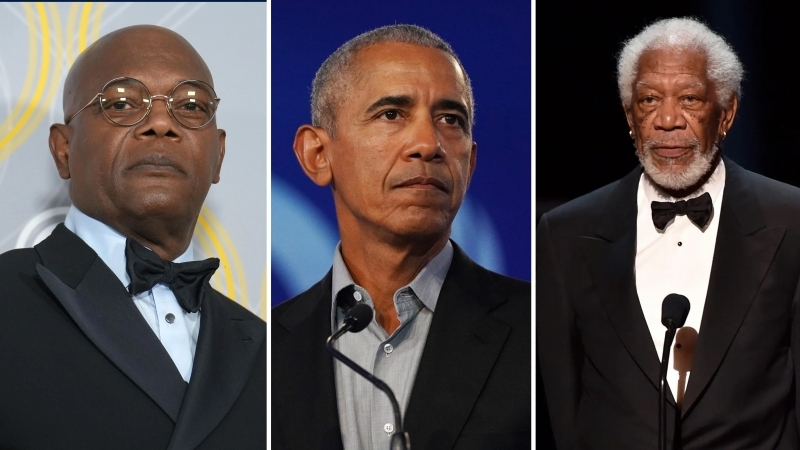
In addition, many celebrities, such as the 44th President of the United States, Barack Obama, the master of crime films, American actor Samuel L. Jackson, and the star of the film *The Shawshank Redemption*, Morgan Freeman, are said to have ancestors who were slaves brought from African countries.
In conclusion, slavery was a widespread, brutal system throughout human history. Unfortunately, although formal slavery has been abolished today, racism, human trafficking, and forced labor still exist.
Live
All